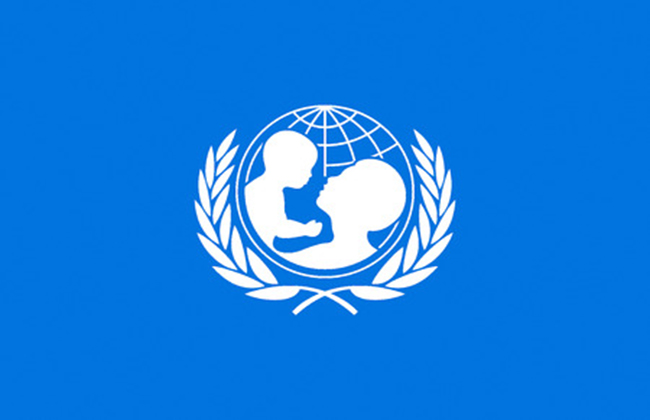
Halfway into the implementation of the Sustainable Development Goals (SDGs), only one-third of child-related targets are on course, shows a new report of the UN Children’s Fund (UNICEF) released on Monday.
Only 6 percent of the child population, or 150 million children, living in just 11 countries have reached 50 percent of child-related targets met, according to the report, “Progress on Children’s Well-Being: Centring child rights in the 2030 Agenda.”
If expected progress continues, only 60 countries – home to just 25 percent of the overall child population – will have met their SDG targets by 2030, leaving around 1.9 billion children in 140 countries behind, according to the report.
Today, a child born in a low-income country is seven times more likely to live in a country where child-related SDGs require acceleration than a child born in a high-income country.
Globally, of the 48 child-related SDG targets, 33 percent were on course (at least 50 percent met) while 19 percent were off course (less than 50 percent met). The remaining 48 percent lacked data.
In high-income countries, 36 percent were confirmed on course and 8 percent off course. By contrast, in low-income countries, 19 percent were confirmed on course and 37 percent off course.
Different sectors and indicators show diverse paths, from great advances to slow improvement, or in some cases, to some unfortunate reversals, according to the report.
Globally, there has been a remarkable reduction in child mortality (ages one to four years), which has declined by 59 percent since 2000. On the immunization front, global immunization coverage has shown steady increases since 2000.
While most countries have made progress in terms of primary school completion rates, out-of-school rates regressed in 1 in 10 countries between 2015 and 2020. Additionally, at least one in three countries regressed in learning proficiency and in trained teachers at the pre-primary and primary level.
“Seven years ago, the world pledged to eradicate poverty, hunger, and inequality, and to ensure that everyone, especially children, has access to quality basic services,” said UNICEF Executive Director Catherine Russell in a press release. “But at the halfway mark of the 2030 Agenda, we are running out of time to turn the promise of the SDGs into reality. The consequences of not meeting the goals will be measured in children’s lives and the sustainability of our planet. We must get back on track, and that starts with putting children at the forefront of accelerated action to reach the SDGs.”
The report was issued to coincide with the SDG Summit, which is being held in New York on the sidelines of this year’s General Debate of the UN General Assembly.
As world leaders take stock of the progress in SDGs, UNICEF asked them to build political commitment at the national level, set ambitious and realistic targets and take action.
“A lot can happen in seven years,” said Russell. “We can renew and refocus our efforts and make the world a fairer and healthier place for all. But to do so, world leaders must become champions for children and put child rights at the heart of their domestic policy and budgeting agendas.”


